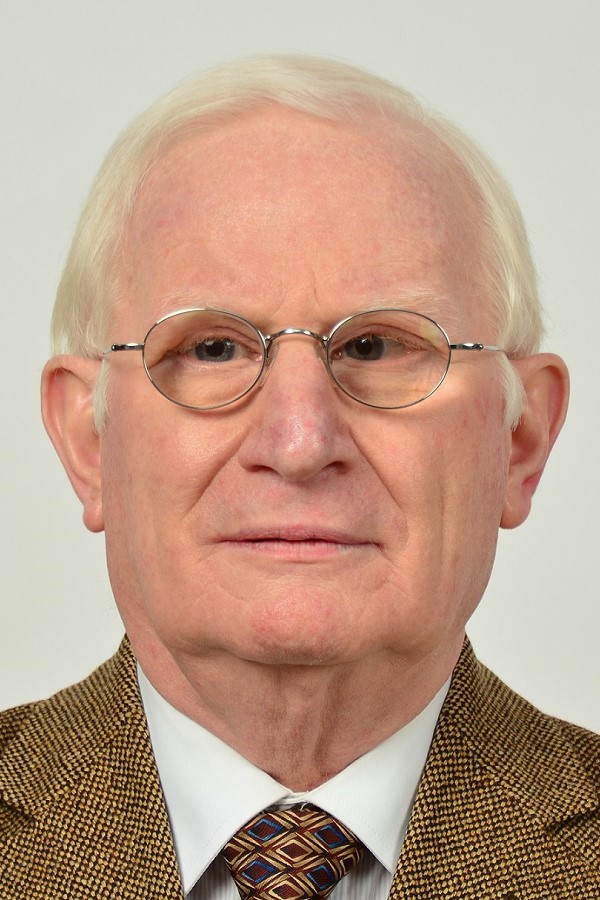Antonio Autiero has been a professor of moral theology and theological ethics in Italy, Switzerland, Germany and the US. He is a Catholic priest of the Archdiocese of Naples. His research interests include applied ethics and bioethics.

Professor em Antonio Autiero
Antonio Autiero
Professor Autiero studied philosophy and theology in Naples and Rom and obtained the Doctor degree in Moral Theology in Rom, 1979. In Houston, US, he underwent a course as medical ethicist. Since 1975 he has held professorships on moral theology, medical ethics and practical theology in Italy, Germany, Switzerland and the US. From 1991 to 2013 he was Director of the Seminar for Moral Theology at the University of Münster and from 1997 to 2011 he was Director of the Research Centre for Religious Studies at the Fondazione Bruno Kessler in Trento, Italy. Autiero is a member and chair of numerous associations, commissions, and advisory boards, including the International Association for Moral Theology and Social Ethics, the Planning Committee Catholic Theologial Ethics in the World Church in Boston. From 1995 to 2021 he was member of the working group "Ethics” at the Comece – the Commission of the Bishops' Conferences of the European Union. Since 2002 he has been a member of the ZES (Central Ethics Committee for Stem Cell Research) in Berlin.
Autiero is the author and editor of numerous books and publications on topics of fundamental morality and applied ethics, especially issues of bioethics.
Further information: WWU Münster/Antonio Autiero
With the introduction of the Stem Cell Act (2002), an accompanying debate arose as to whether the solution adopted by the German parliament may represent a special path from an ethical point of view. Some distanced themselves from the legislative solution, considering it a kind of double standard or even a utilitarian form of hypocrisy. But if anything, the practice of the last 20 years of research and support by the Central Ethics Committee for Stem Cell Research (ZES) has shown that this solution, as specific and particular as it may be, represents a balanced form of relationship between protection of life and freedom of research, with all its possibilities for future therapeutic approaches. In that sense, human embryonic stem cell research is an activity that contributes to the welfare of health and the advancement of science. Beyond any form of ethical fundamentalism, the practice of research in this field shows how ethical reasoning must always contribute to finding the balance between different demands that ultimately express different dimensions but converge towards the common good.
(Translation from German)